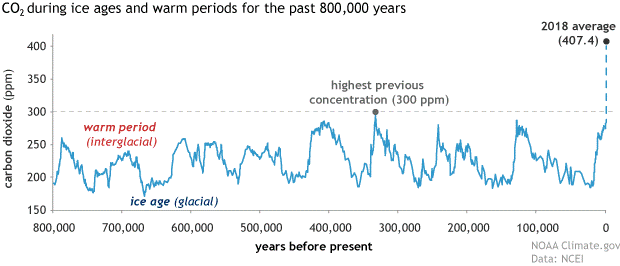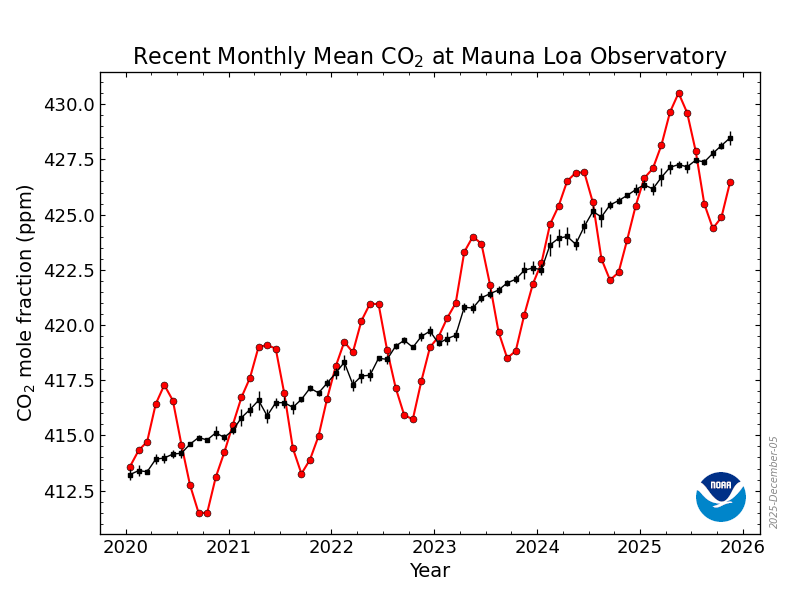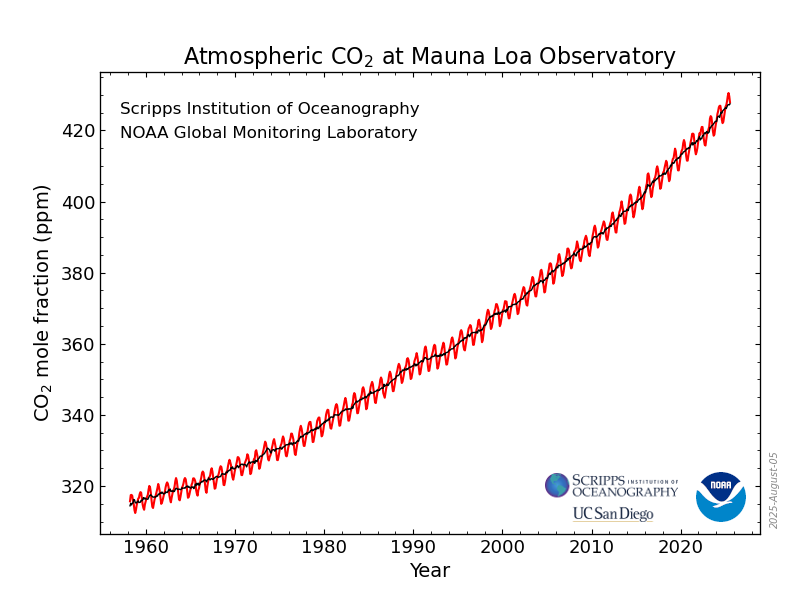Climate Change Problem
Why Ecotechnology is important
April 22, 1970. Lynn and I marched in the first Earth Day parade in New York City. We were part of the environmental movement of the late 1960s, influenced by Rachel Carson’s Silent Spring, global warming, and rising atmospheric carbon dioxide concentrations (already at 325 ppm in April 1970). We were joined by a million others. We all knew there were problems, but felt optimistic and excited about solving them.
So what has happened since. We have spent a lot of money, and developed new technologies, wind, solar, corn ethanol, electric vehicles, and many more. This has made a few people very wealthy. We have also done a massive amount of research on causes and consequences.
See https://archive.ipcc.ch/organization/organization_history.shtml
https://en.wikipedia.org/wiki/Intergovernmental_Panel_on_Climate_Change
So where are we now?
Atmospheric carbon dioxide concentrations on May 1, 2025, 430.82 ppm. Compare with May 1, 2024, 426.34 ppm.
“The graphs show monthly mean carbon dioxide measured at Mauna Loa Observatory, Hawaii. The carbon dioxide data on Mauna Loa constitute the longest record of direct measurements of CO2 in the atmosphere.”
https://www.co2.earth/monthly-co2
It does not appear that what we are doing is successful. So what can we do about it?
Albert Einstein: A new type of thinking is essential if mankind is to survive and move toward higher levels. (1)
Albert Einstein: We cannot solve our problems with the same thinking we used when we created them. (2)
Buckminster Fuller: If you want to teach people a new way of thinking, don’t bother trying to teach them. Instead, give them a tool, the use of which will lead to new ways of thinking. (3)
Our new tool is a participatory ecological way of thinking. It has evolved from, and is an extension of, two conceptual frameworks that have been the foundations of science for over 400 years.
The first of these is the Classical Science that derived from Newtonian physics which holds that the universe comprises an independent physical reality that follows certain immutable laws of nature. Consciousness is not required for this foundation, and it is believed that consciousness will eventually be completely described by the existing physical laws of nature.
The second conceptual framework arose from Quantum Mechanics in the early to mid 1900s. This holds that an observer must be added to the Classical theory. The observer does not have to be human or what we recognize as conscious, but it must be able to make decisions. Deterministic laws alone cannot explain all aspects of the universe.
Participatory Ecology takes this one step further. It posits that in addition to an observer there must also be a conscious participant. A decision maker that embodies some aspect of what we recognize as conscious behavior. In other words, we have to be involved. To really understand the universe you have to participate in it and in the models we use to explain it. You can't just observe. You need to do it, live it.
This is what Math 4 Wisdom is all about. As Andrius has explained. It is like dancing. You can't really understand it by reading or watching videos. You need to get out there and actually dance.


